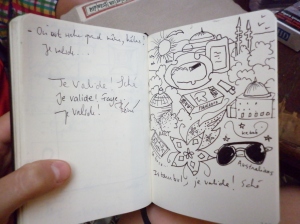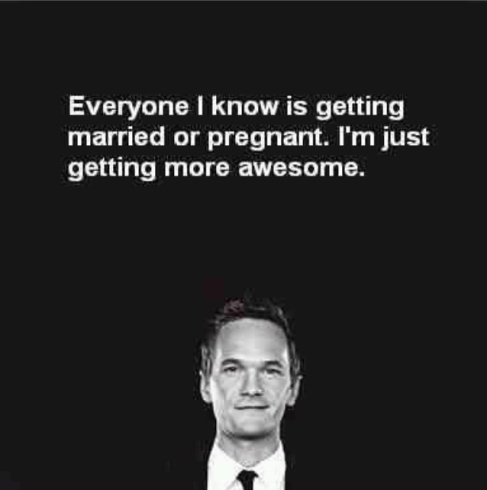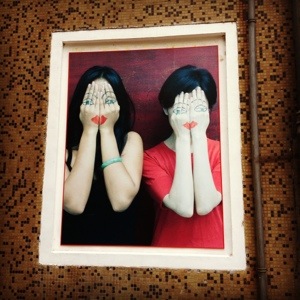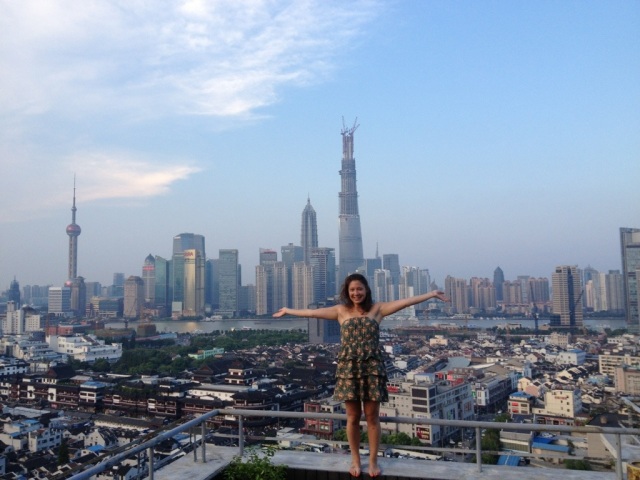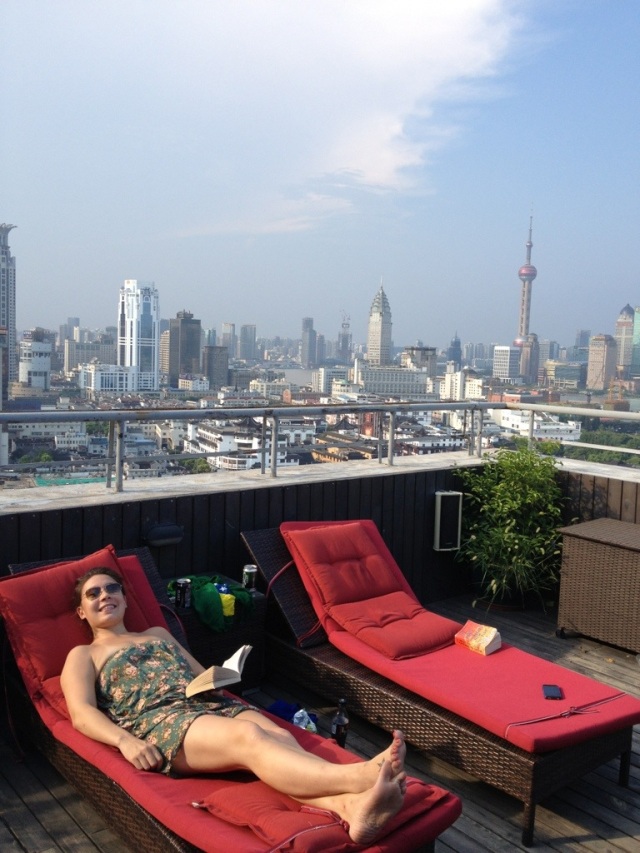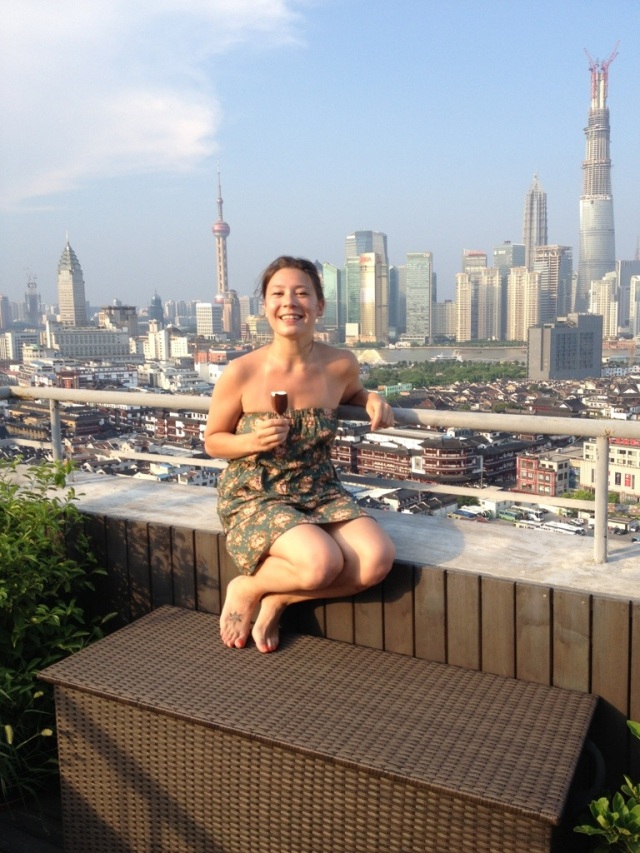I’ve been in China for 3 years now. Do I miss home? You mean France? No, I don’t miss living in France (the cheese, of course, one never gets over that…). Is Shanghai my home now? I thought so at one point, but the thing is: as an expat, what do you call home?
Last June I went back to France to visit friends and family. Clearly, my love was still there, but my heart was not anymore. It remained beating back in Shanghai. I thought then, home is not home anymore. Home now is Shanghai.
Shanghai, the city that saw me grow and fed me during some of my most formative years. This city took my life by storm, like a hurricane that swooped me from 24 to 27. Before I even had time to kick back and examine the cards life has dealt me I realize that I have already used a few.
Here I’ve met some of the most eclectic, eccentric, smart and ambitious of people, some whom have hugely contributed to who I am now and the values I have chosen to live by. These are all people like me, who see excitement in every horizon, who live off adrenaline and “suck out all the marrow of life”. They see in every person a story, an inspiration, a mentor or a genius, and a person they would happily take out for coffee if they were ever to meet again in their hometown. They are all like family.
We arrived to a foreign place to find that within it there was one big expat community. One where everybody celebrates Thanksgiving even though half don’t know its origin, where people extend Christmas dinner invitations to people they have never met and where people are eager to help each other out sharing tips and life hacks. It is city where people get more easily attached, though their relationship is often shorter-lived. Home was now Shanghai, but I realised that if I were to move tomorrow to Buenos Aires, I would just as quickly say that home WAS Shanghai without batting an eyelid.
Change is ubiquitous here. From the storefronts in the street to the people sharing your flat. People come and go and everybody knows that it is so. Therefore they learn to detach themselves just as easily as they become attached. And after all, this fast-paced lifestyle hardly leaves you any time to breathe, let alone miss a person who’s company is so quickly replaced by three others’. A friend today might be gone tomorrow and a home today may change the next day.
In this world where you speak once a month (through a crappy Skype connection) to your loved ones who are seven time zones away, write a group email to your longtime friends from home once every four months, and live with a set group of friends in which two are swapped out every six months, you are really living mostly with yourself. Those photo frames on the mantel piece and the suitcase full of childhood treasures? They don’t mean shit compared to the home you’ve made in your mind for your memories you revisit at any given moment and time.
And your mind is your fort. Being an expat is a life full of people, events and parties, but it is at the same time one of solitude. You learn to know yourself, curve yourself towards other’s expectations, live with your own mistakes and get back on your feet on your own. You learn to adapt to every situation and become more independent than ever. Your mind becomes strong, souple and resilient. You cope with loss, loneliness, stupidity, everything, more easily and productively. You’ve shaped it to resist all and to protect you.
So for me, home is where my mind is. I’ve built it up, given it character and it is where I keep my life and spend my time. Home is where my mind has been and where it plans to go as well as the memories it keeps. Home is all my experiences along with the emotional imprints that they have left. It’s knowledge and perception of the world around me. It’s my love for my loved-ones.
They say that home is where the heart is, but my heart has been everywhere, and nowhere. It beats in memory of the past and in excitement for the future and along the way it has and will call many places “home”.
No, I think home is where the mind is. And when it dies, then like the body, it returns into the world.



